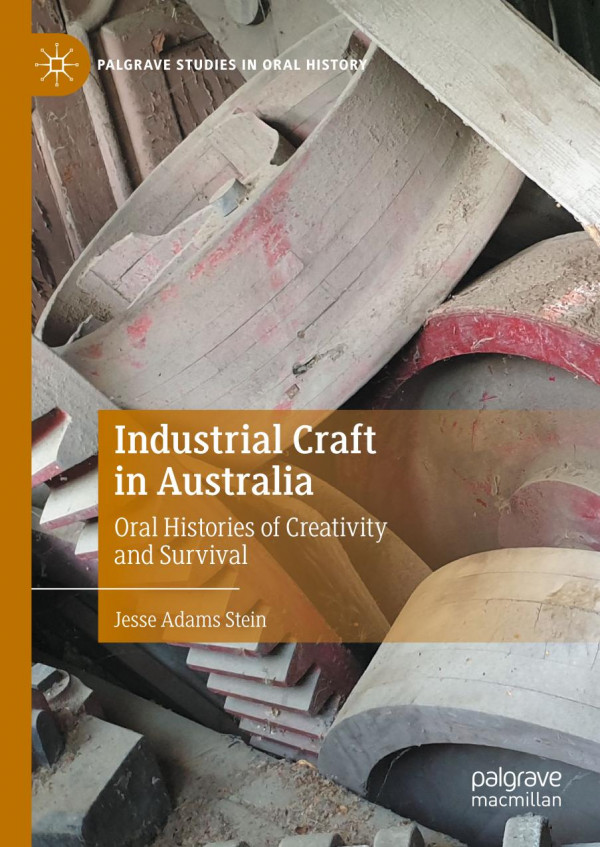

Most ebook files are in PDF format, so you can easily read them using various software such as Foxit Reader or directly on the Google Chrome browser.
Some ebook files are released by publishers in other formats such as .awz, .mobi, .epub, .fb2, etc. You may need to install specific software to read these formats on mobile/PC, such as Calibre.
Please read the tutorial at this link: https://ebookbell.com/faq
We offer FREE conversion to the popular formats you request; however, this may take some time. Therefore, right after payment, please email us, and we will try to provide the service as quickly as possible.
For some exceptional file formats or broken links (if any), please refrain from opening any disputes. Instead, email us first, and we will try to assist within a maximum of 6 hours.
EbookBell Team

4.4
42 reviews“Yes, there are still toolmakers. So writes Stein in her important new book – the first to provide a finely detailed account of the experiences and methods of industrial artisans. Drawing on extensive interviews, and benefitting from Stein’s deep technical understanding and writerly skill, this is a major addition to craft studies, and will serve as a model for scholars in other geographies to follow.” “This fascinating book opens our eyes to a world of highly skilled industrial work, grounded in traditional knowledge and creativity, that extends into the ‘postindustrial’ world of digital fabrication, 3D printing, maker-culture, and artistic practice. Deindustrialization is not just about loss. This book represents a remarkable original contribution to the global study of deindustrialization and oral history more generally.” “The global pandemic has reminded us, just in time, that no country can afford to ‘offshore’ manufacturing and lose the ability to make things. Stein’s extraordinary book takes readers inside the ‘black box’ of contemporary manufacturing. Through sensitive analysis of vivid oral histories, it shows us how highly-skilled crafts men and women, combining old skills and new technologies, are behind the manufactured objects that we all use every moment of our lives.”
—Glenn Adamson, author of The Invention of Craft (2013) and Craft: An American History (2021)
—Steven High, Concordia University, Canada
—Alistair Thomson, Monash University, Australia